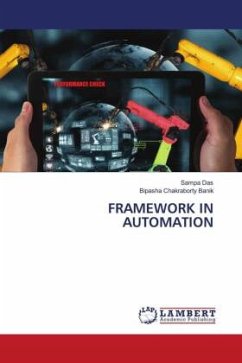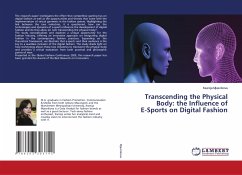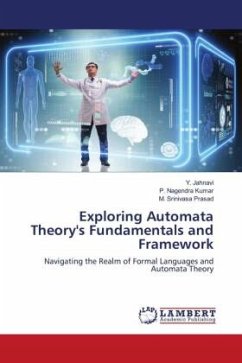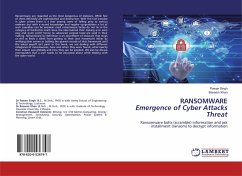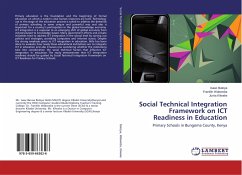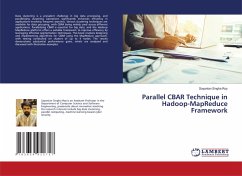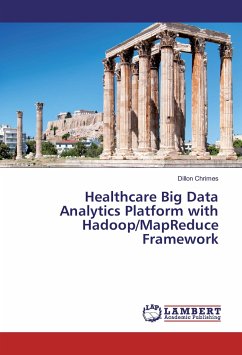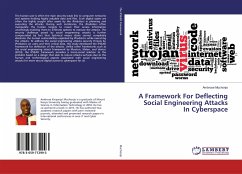
A Framework For Deflecting Social Engineering Attacks In Cyberspace
Versandkostenfrei!
Versandfertig in 6-10 Tagen
41,99 €
inkl. MwSt.

PAYBACK Punkte
21 °P sammeln!
The human user is often the main security weak link to computer networks and systems holding highly valuable data and files. Such digital assets are often the highly sought after assets by the iPredators in planning and executing the attacks. During such incidences, the iPredators often manipulate the human targets to reveal their access information unwittingly enabling them to infiltrate systems to execute the attacks. The security challenge posed by social engineering attacks is further compounded by fact that technical means alone cannot completely eliminate the human vulnerabilities exploi...
The human user is often the main security weak link to computer networks and systems holding highly valuable data and files. Such digital assets are often the highly sought after assets by the iPredators in planning and executing the attacks. During such incidences, the iPredators often manipulate the human targets to reveal their access information unwittingly enabling them to infiltrate systems to execute the attacks. The security challenge posed by social engineering attacks is further compounded by fact that technical means alone cannot completely eliminate the human vulnerabilities exploited by iPredators while executing the attacks. To address the social engineering attacks security threats by iPredators on users and their critical data, this study developed the iPSEAD framework for deflection of the attacks. Unlike other frameworks such as the social engineering attack framework by Mouton, Malan, and Ventor (2014), the iPSEAD framework provides a tecno-social solution to the problem based on a design that seek to reduce attacks surfaces due to the human and technological aspects associated with social engineering attacks for more secure digital access to cyberspace for all.





